Related Research Articles
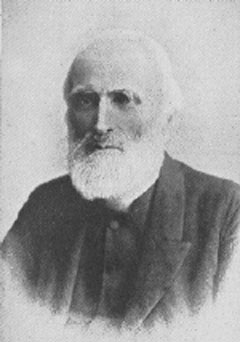
Fenton John Anthony Hort, known as F. J. A. Hort, was an Irish-born theologian and editor, with Brooke Foss Westcott of a critical edition of The New Testament in the Original Greek.
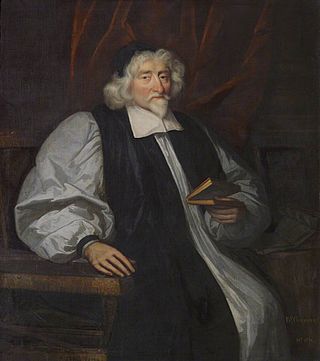
Peter Gunning was an English Royalist church leader, Bishop of Chichester and Bishop of Ely.
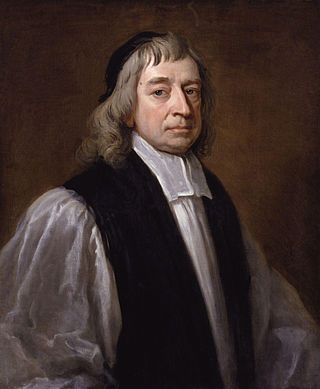
Henry Compton was an English Army officer and Anglican clergyman who served as the Bishop of London from 1675 to 1713.
The Regius Professorships of Divinity are amongst the oldest professorships at the University of Oxford and the University of Cambridge. A third chair existed for a period at Trinity College Dublin.
The Norris–Hulse Professorship of Divinity is one of the senior professorships in divinity at the University of Cambridge.

The Ascension Parish Burial Ground, formerly known as the burial ground for the parish of St Giles and St Peter's, is a cemetery off Huntingdon Road in Cambridge, England. Many notable University of Cambridge academics are buried there, including three Nobel Prize winners.
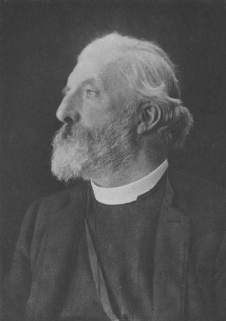
Charles William StubbsDD was an English clergyman.

Temple Chevallier FRAS was a British clergyman, astronomer, and mathematician. Between 1847 and 1849, he made important observations regarding sunspots. Chevallier has been called "a remarkable Victorian polymath". Not only did he write many papers on astronomy and physics, he also published a translation of the Apostolic Fathers that went into a second edition, and translated the works of Clement of Rome, Polycarp and Ignatius of Antioch.
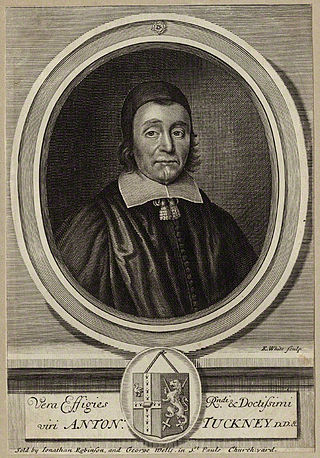
Anthony Tuckney was an English Puritan theologian and scholar.
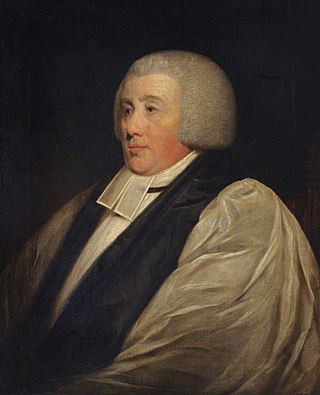
William Lort Mansel was an English churchman and Cambridge fellow. He was Master of Trinity College, Cambridge from 1798 to his death in 1820, and also Bishop of Bristol from 1808 to 1820.
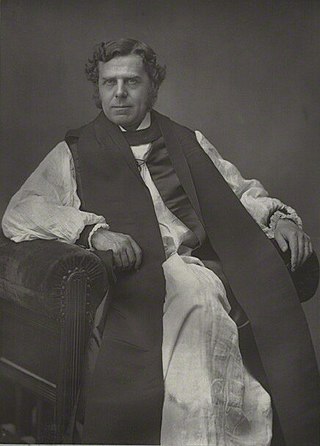
William Boyd Carpenter was an English cleric in the Church of England who became Bishop of Ripon and Royal Chaplain to Queen Victoria.
Paul Frederick Bradshaw, FRHistS is a British Anglican priest, theologian, historian of liturgy, and academic. In addition to parish ministry, he taught at Chichester Theological College and Ripon College Cuddesdon. From 1985 to 2013, he was Professor of Liturgy at the University of Notre Dame in the United States.

Joseph Armitage Robinson was a priest in the Church of England and scholar. He was successively Dean of Westminster (1902–1911) and of Wells (1911–1933).
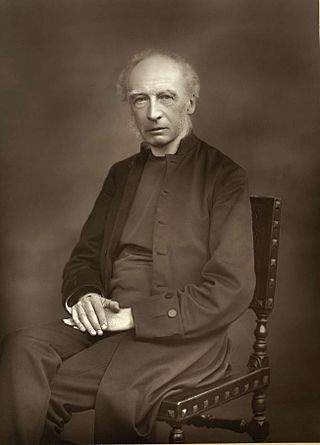
Charles John Ellicott (1819–1905) was a distinguished English Christian theologian, academic and churchman. He briefly served as Dean of Exeter, then Bishop of the united see of Gloucester and Bristol.
Anthony Watson was an English bishop.
John Charles Halland How OGS was an Anglican bishop.

The CambridgeFaculty of Divinity is the divinity school of the University of Cambridge. It houses the Faculty Library.
The Rt Rev. BrutusBabington (1558–1611) was an Englishman who became the Church of Ireland Bishop of Derry.

Arthur James Mason was an English clergyman, theologian and classical scholar. He was Lady Margaret's Professor of Divinity, Master of Pembroke College, Cambridge, and Vice-Chancellor of the University of Cambridge.
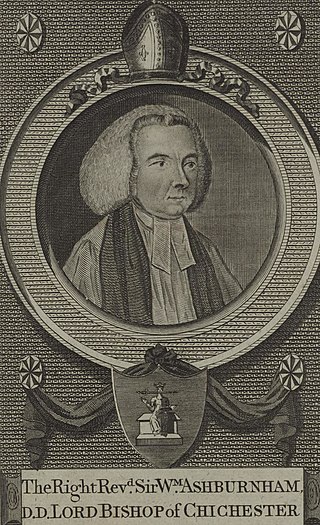
Sir William Ashburnham, 4th Baronet was a Church of England priest and also a baronet.
References
- ↑ "Access to Archives". The National Archives. Retrieved 12 August 2012.
- ↑ "Swainson, Charles Anthony (SWN837CA)". A Cambridge Alumni Database. University of Cambridge.
- ↑ Burke, Bernard (1882). Burke's Genealogical and Heraldic History of the Landed Gentry. p. 1552.
- ↑ "Swainson, Charles Anthony (SWN837CA)". A Cambridge Alumni Database. University of Cambridge.
- ↑ "Charles Anthony Swainson". anglicanhistory.org. Retrieved 6 May 2023.